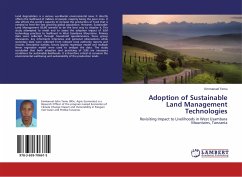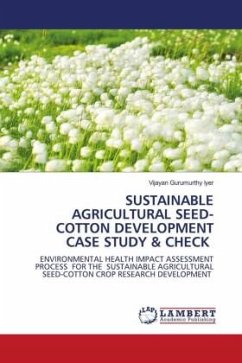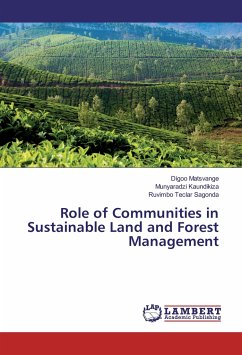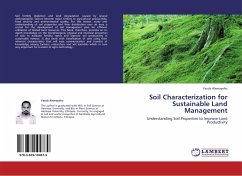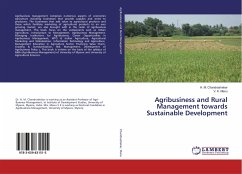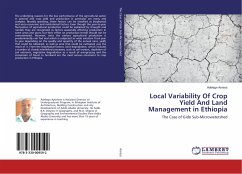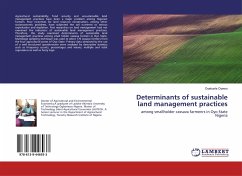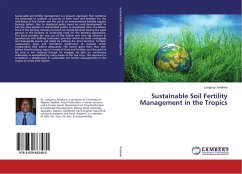Land degradation is a serious worldwide environmental issue. It directly affects the livelihood of millions of people, majority being the poor ones. It also affects the world's capacity to increase the production of food that is needed to feed the fast growing global population. However, Sustainable Land Management (SLM) seemed to be the best way to dissolve it. This study attempted to revisit and to assess the adoption impact of SLM technology practices to livelihood in West Usambara Mountains. Primary data were collected through household questionnaires, focus group discussions, key informants interviews and personal observations while secondary data were collected from relevant local authority reports and records. Descriptive statistic, binary logistic regression model and multiple linear regression model were used to analyze the data. The study concluded that both adoption and practicing of SLM are necessary conditions for sustainable livelihoods. It is therefore critical to conserve the environmental well-being and sustainability of the production lands.
Bitte wählen Sie Ihr Anliegen aus.
Rechnungen
Retourenschein anfordern
Bestellstatus
Storno

